GIG-ARTS 2023 Speakers include:
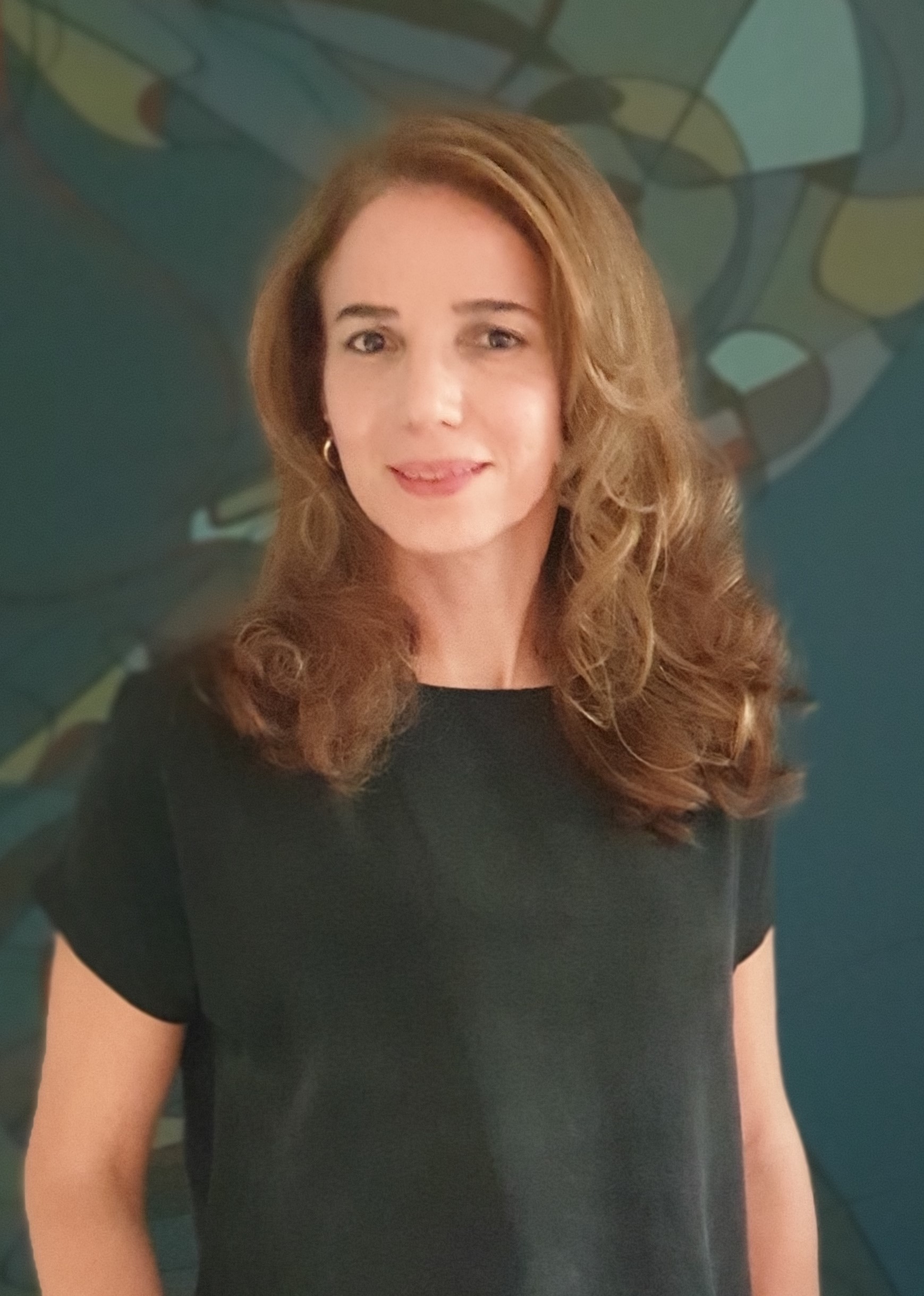 Berna Akcali Gur (Speaker, Stakeholders Roundtable) Berna Akcali Gur (Speaker, Stakeholders Roundtable)Berna Akcali Gur is a legal scholar specializing in information communications technology law, international law, and world trade law. Her most recent project relates to the global governance of satellite broadband, funded by the Internet Society Foundation. Currently, she convenes the World Trade Law and Space Law modules at CCLS, Queen Mary University of London. Previously, she held research and lecturer posts at King's College London, the Institute of Advanced Legal Studies, and Kadir Has University Law School. Berna is the serving chair of the Membership Committee of the Global Academic Network for Internet Governance (GigaNet) and on the experts' roster of the Council of Europe Data Protection Unit. She received her LL.B. degree from Ankara University Law School, her LL.M. degree from the University of Pennsylvania Law School in 2003, and her Ph.D. from King's College London in 2013. Before becoming an academic, she practiced law in Istanbul and New York. |
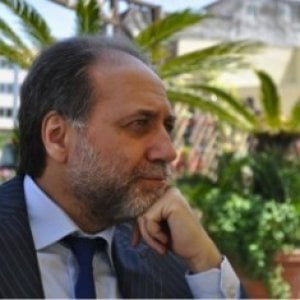 Francesco Amoretti (Speaker, Special Session and Presentations Session 3) Francesco Amoretti (Speaker, Special Session and Presentations Session 3)Francesco Amoretti (BA, University of Naples; PhD in Political Science, University of Florence) is Full Professor of Political Science at the University of Salerno, where he is the dean of the Graduate Degree Course: Diplomatic, International and Global Security Studies. Since 2018, he has been President of the Council of Political and Social Sciences and Vice President of the Italian Society of Political Science (SISP). Since 2019, he has been Co-Director of Rivista Comunicazione Politica and a member of the Steering Committee of ASSOCOMPOL. He is the author numerous articles and scientific essays on the relations between the political system and the media system that have appeared in both national and international journals. In more recent years, his research interests have focused on digital politics and digital policies, in particular cyber security policies from a comparative perspective. Currently, he is editing a special issue of Political Communication devoted to the geopolitics of disinformation. |
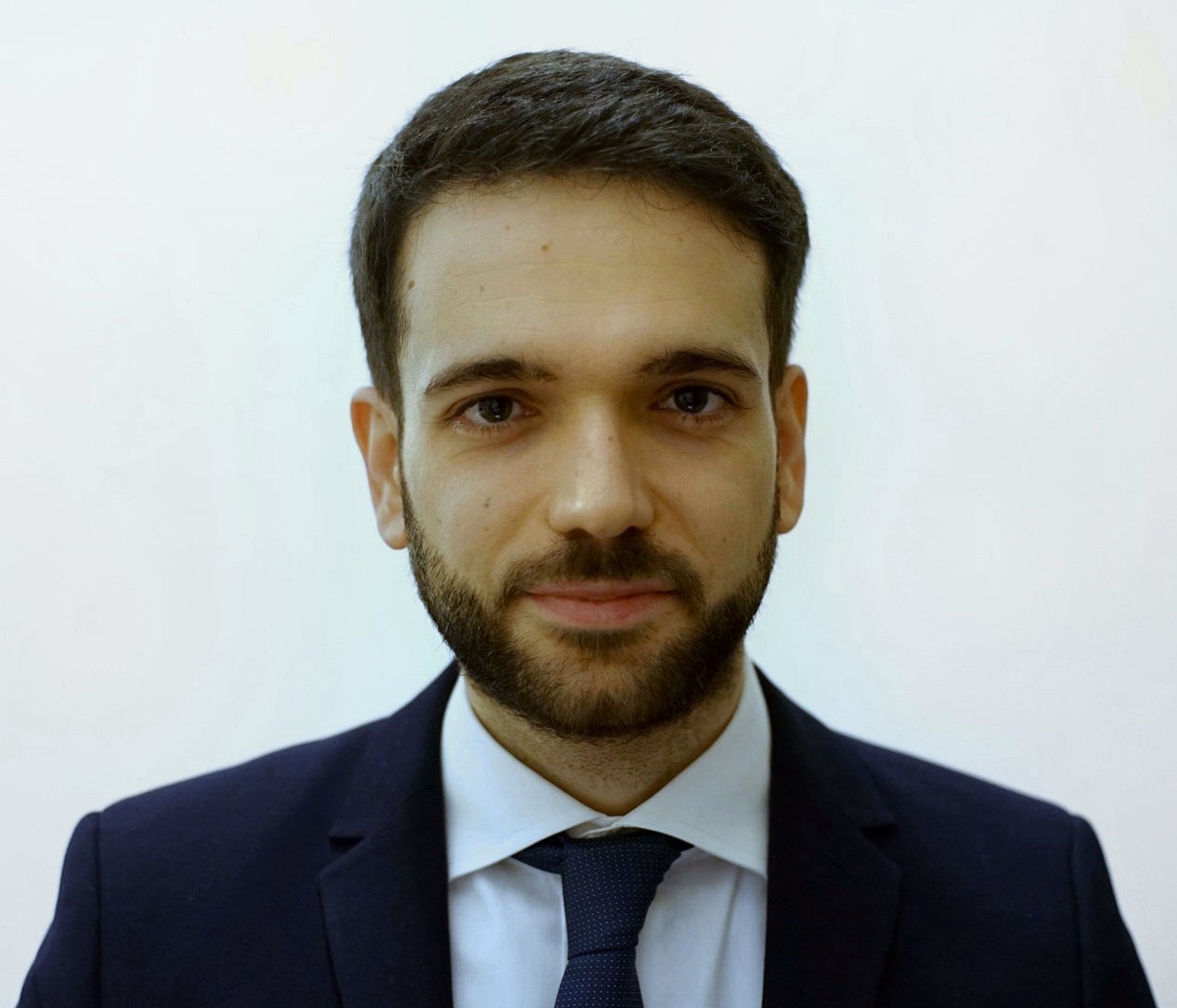 Antonio Belli (Speaker, Stakeholders Roundtable) Antonio Belli (Speaker, Stakeholders Roundtable)Antonio Belli was born in Rome. Graduated in Law at the University of Rome 'Tor Vergata' and with experience in the forensic field in London and Rome, in 2018 he obtained a II level master's degree in IT law at the University of Rome 'La Sapienza'. Always passionate about IT, since 2017 he has been working for InfoCamere, Chambers of Commerce's Digital Innovation Company, dealing with information security and privacy. ISO/IEC 27001 qualified lead auditor, since 2021 he has been a contract professor at the University of Padua in the second cycle degree in Cybersecurity, for the course unit 'Security and Risk: Management and Certifications'. |
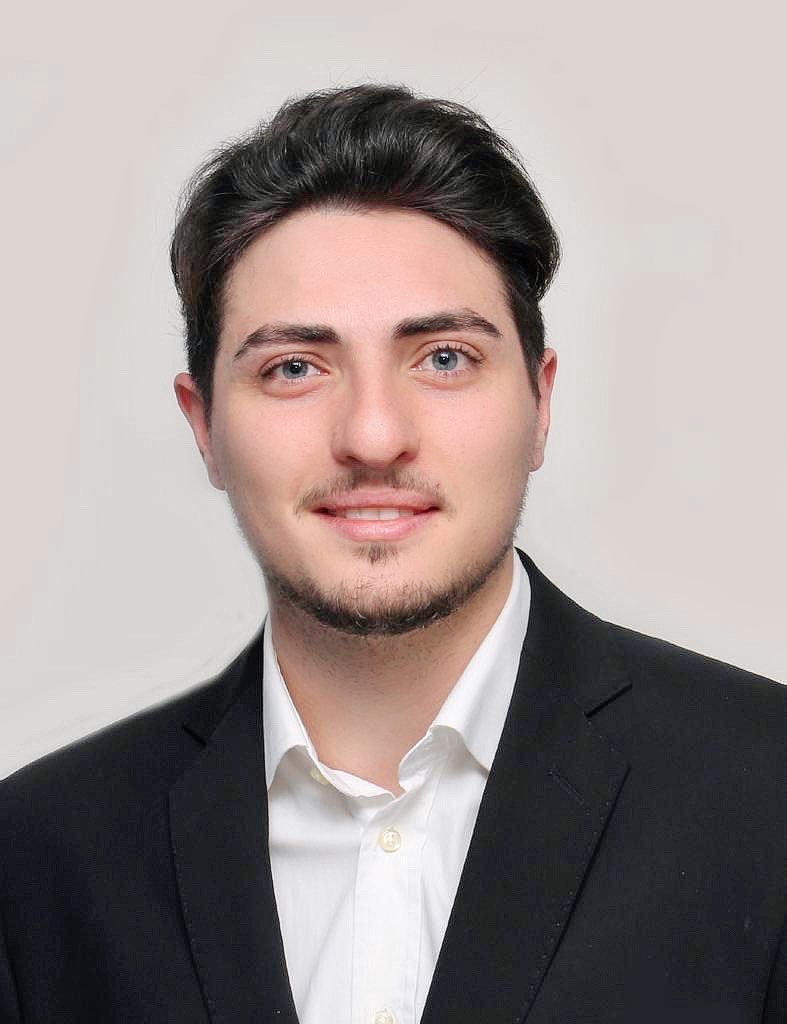 Giuseppe Borriello (Speaker, Presentations Session 1) Giuseppe Borriello (Speaker, Presentations Session 1)Giuseppe Borriello, PhD candidate in "Social Sciences and Statistics" at the Department of Social Sciences of the University of Naples Federico II. He is an academic tutor at the Penitentiary Center of Naples – Secondigliano "Pasquale Mandato". He was a visiting research fellow at the Centre of Sociological Futures of the University of Bristol (UK). |
 Giacomo Bruni (Speaker, Presentations Session 3) Giacomo Bruni (Speaker, Presentations Session 3)Giacomo Bruni is a Doctoral Researcher at the Peace Research Institute Oslo (PRIO) and a Ph.D. Candidate in Political Science at the University of Oslo (UiO). His research draws on a range of interdisciplinary perspectives from IR norm research, critical geography studies, and science and technology studies to understand the interplay between territory, technology, and social action. Among other initiatives, Giacomo works on the NORM project, which is funded by the Research Council of Norway (RCN) and investigates how China's Digital Silk Road shapes the digital world order and its norms, and the agency that recipient developing countries exercise in response. |
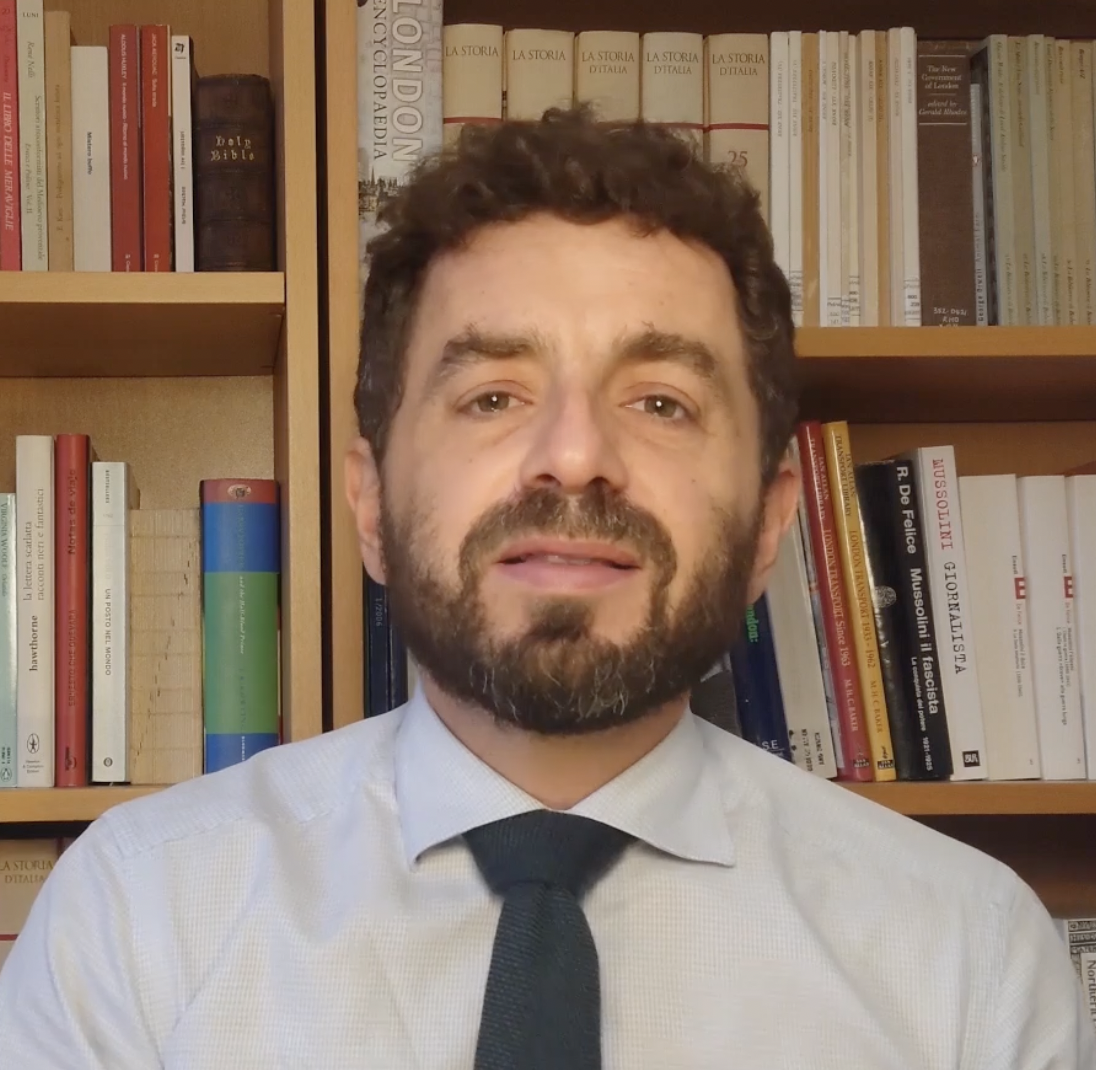 Simone Busetti (Speaker, Special Session and Presentations Session 1) Simone Busetti (Speaker, Special Session and Presentations Session 1)Simone Busetti is an Associate Professor of public policy analysis at the University of Teramo. His research focus is on policy evaluation and public administration reform. Currently, he is working on the Italian PRIN Project: “Cybersecurity (as a) Public Policy.” |
 Logan Carmichael (Speaker, Presentations Session 1) Logan Carmichael (Speaker, Presentations Session 1)Logan Carmichael is a Junior Research Fellow and PhD Candidate in the Johan Skytte Institute of Political Studies at the University of Tartu in Estonia, as part of the ERA Chair in e-Governance and Digital Public Services research programme. Her research focus is on cybersecurity governance and decision-making surrounding e-governance, particularly in Estonia and its neighbourhood. She previously worked as a guest lecturer on digital and security issues at the University of Auckland, and in private-sector cybersecurity in New Zealand. |
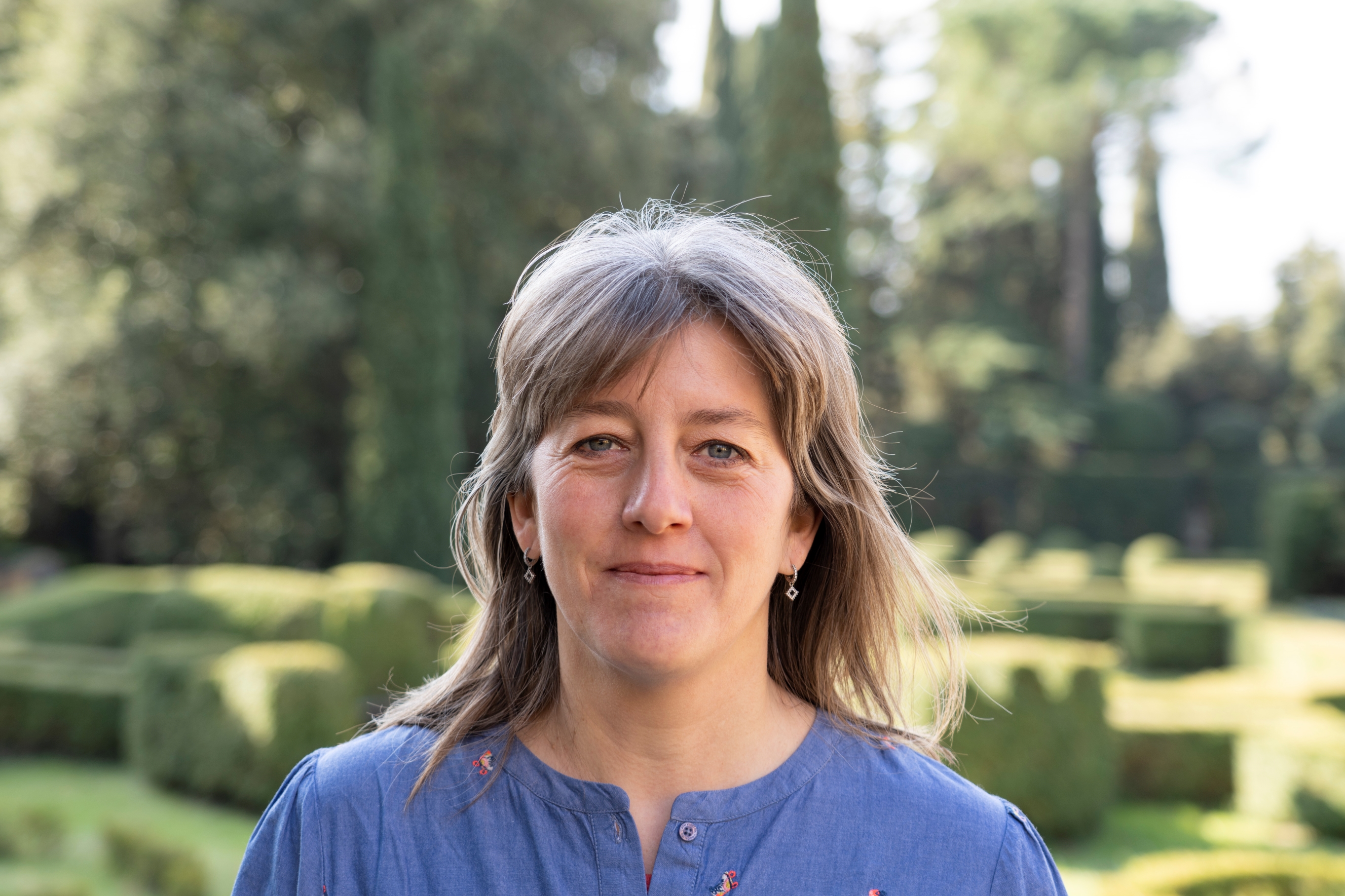 Federica Casarosa (Speaker, Presentations Session 3) Federica Casarosa (Speaker, Presentations Session 3)Federica Casarosa is Research Affiliate at the Sant’Anna School of Advanced Studies (Pisa) and Professor at the Centre for Judicial Cooperation (EUI, Florence). FC developed a rich experience in training for legal professionals through her role as scientific coordinator in several Training projects (ACTIONES, e-NACT, JUDCOOP). Federica holds a bachelor’s degree in Private Law (University of Pisa, 2001), a PhD in Law (European University Institute, 2008). She has held courses on Information and Technology Law at the University of Pisa and worked as a consultant for FAO and as a Jean Monnet Fellow at the Robert Schuman Centre for Advanced Studies. Her works appeared on several Italian and international journals, such as the European Review of Private Law, the Journal of Internet Law, and Diritto dell’Informazione e dell’Informatica. |
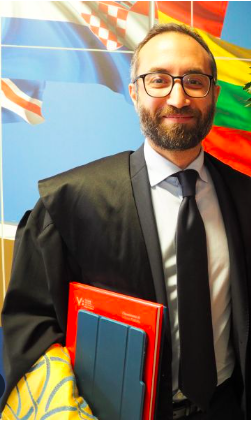 Adriano Cozzolino (Speaker, Presentations Session 3) Adriano Cozzolino (Speaker, Presentations Session 3)Adriano Cozzolino is a researcher at the Department of Political Science of the University of Campania 'Luigi Vanvitelli', where he teaches Global Politics. His researches focuse on the transformations of the state, technocracy and the political role of experts, and the processes of digitalisation. He is the author of the book Neoliberal Transformations of the Italian State. Understanding the Roots of the Crises (Rowman & Littlefield, 2021). |
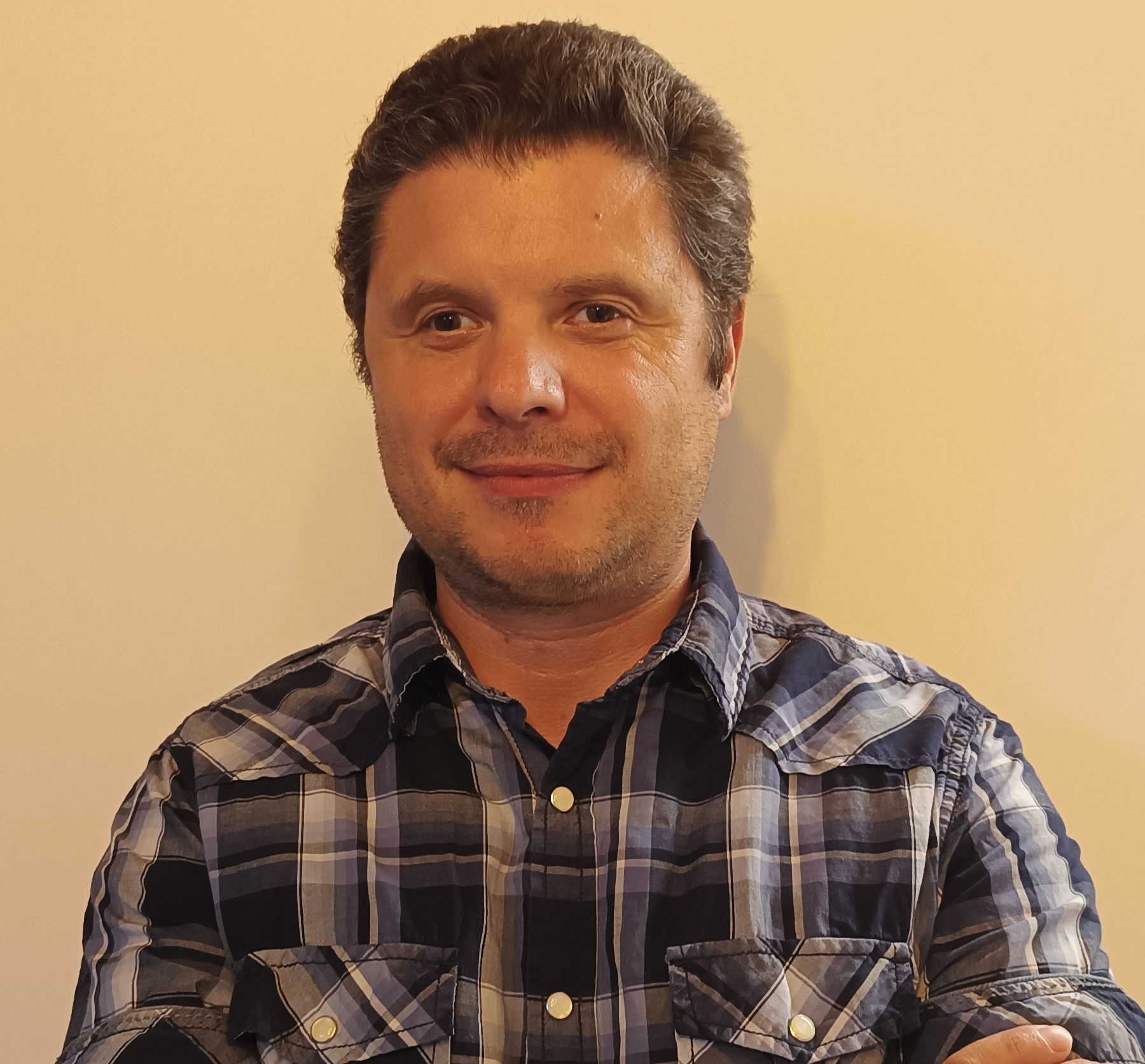 Lorenzo Dalvit (Speaker, Presentations Session 1) Lorenzo Dalvit (Speaker, Presentations Session 1)Lorenzo Dalvit is Full Professor of Digital Media and Cultural Studies at Rhodes University in Makhanda, South Africa. His areas of academic interest include digital inequalities, online discourses and mobile communication from critical and decolonial perspectives. He (co) authored over 150 publications. He is a National Research Foundation (NRF) rated researcher and has been involved in numerous international collaborations. |
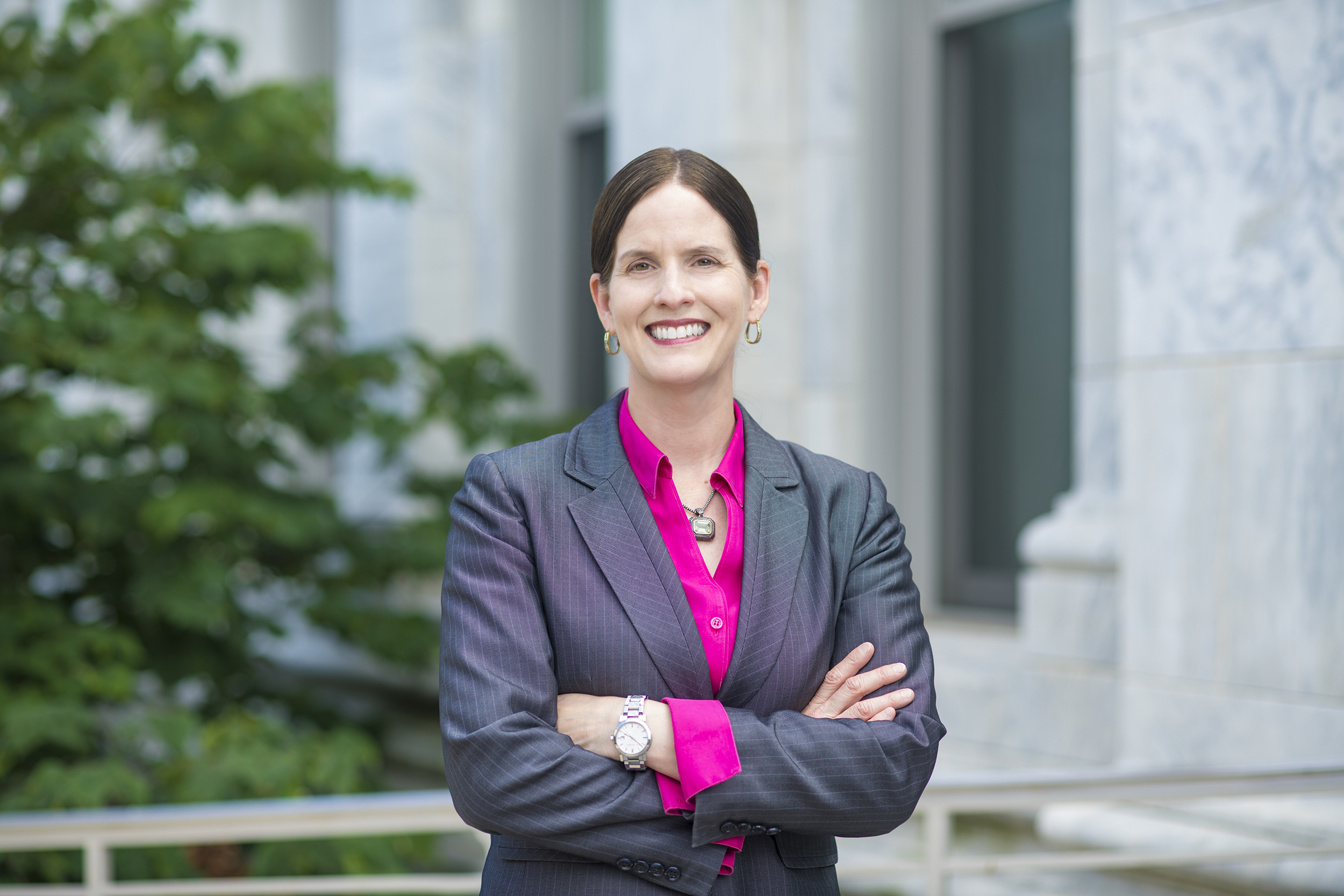 Laura DeNardis (Speaker, Keynote Session) Laura DeNardis (Speaker, Keynote Session)Dr. Laura DeNardis is a Professor and endowed Chair in Technology, Ethics, and Society at Georgetown. Professor DeNardis is recognized as a leading Internet governance expert in both the United States and the world. Wired UK recently named her one of “32 Global Innovators Who are Building a Better Future” and her book The Internet in Everything: Freedom and Security in a World with No Off Switch (Yale University Press) was recognized as a Financial Times Top Technology Book of 2020. Among her seven books, The Global War for Internet Governance (also published by Yale University Press), is widely considered the definitive source for understanding power struggles over digital infrastructure. Professor DeNardis is a Senior Fellow of the Centre for International Governance Innovation, an Affiliated Fellow of the Information Society Project at Yale Law School, where she previously served as Executive Director, and is a Member of the Council on Foreign Relations. She holds an AB in Engineering Science from Dartmouth, a Master of Engineering from Cornell, a PhD in Science and Technology Studies from Virginia Tech, and was awarded a postdoctoral fellowship from Yale Law School. |
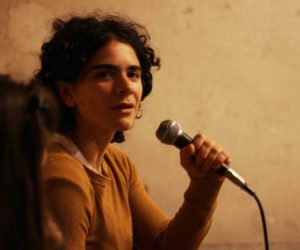 Maria Francesca De Tullio (Speaker, Presentations Session 3) Maria Francesca De Tullio (Speaker, Presentations Session 3)Maria Francesca De Tullio is a post-doc researcher in Constitutional Law (Federico II University of Naples), currently working on EU-funded projects on Artificial Intelligence and food sovereignty and on Telecommunications. She also worked at University of Antwerp, within the project Cultural and Creative Spaces and Cities, and fulfilled a research residency at Université Paris 2. She authored a book on Substantial Equality and New Dimensions of Political Participation and one on Rights, Budget Constraints, Economic Recovery between Mirage and Reality. Other main areas of research are: counter-terrorism and states of emergency, competition law on the Internet, the collective dimension of privacy in the age of big data. |
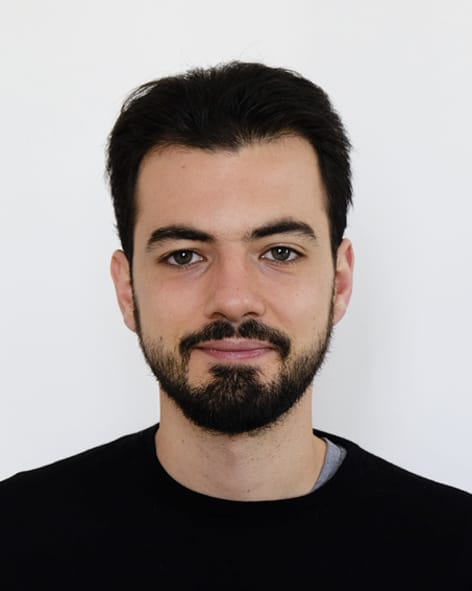 Samuele Fratini (Speaker, Presentations Session 5) Samuele Fratini (Speaker, Presentations Session 5)Samuele Fratini is PhD Student at the University of Padua and the Università della Svizzera Italiana. He is currently Visiting Fellow at the University of Siegen. He is mainly dealing with Internet and Platform Governance with an STS approach. His research project is an empirical investigation of Threema, whose objective is to detect the ongoing governance-related disputes at a sociomaterial level. In particular, the research hypothesizes the development of a multilayered Digital Sovereignty. |
 Gaia Fristachi (Speaker, Presentations Session 1) Gaia Fristachi (Speaker, Presentations Session 1)Gaia Fristachi, PhD candidate in "Public Policies of Cohesion and Convergence in the European Scenario" at the Department of Political Science of the University of Naples Federico II. She is an academic tutor at the Penitentiary Center of Naples – Secondigliano "Pasquale Mandato". She was a research fellow at the Observatory on Legality of the Institute of Political Studies "S. Pio V" in Rome, with which she actively collaborates. |
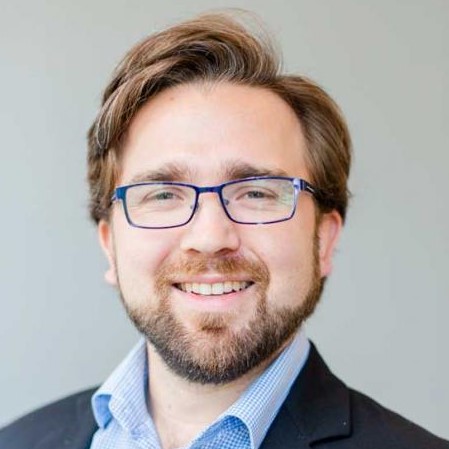 Karl Grindal (Speaker, Presentations Session 5) Karl Grindal (Speaker, Presentations Session 5)Karl Grindal is an Assistant Professor of Security Studies at the University of New Hampshire. His research explores the political economy of cybersecurity, with a focus on its history, institutions, and global governance. He has conducted research on cyber conflict history, data flows in the digital economy, and the impact of cybersecurity policy interventions. Currently, Karl serves as the co-PI on a research project supported by the Internet Society Foundation investigating the governance and political economy of WebPKI. He previously served as the Executive Director of the Cyber Conflict Studies Association from 2014-2017. Karl received his Ph.D. and was awarded a postdoctoral fellowship at the Georgia Institute of Technology. |
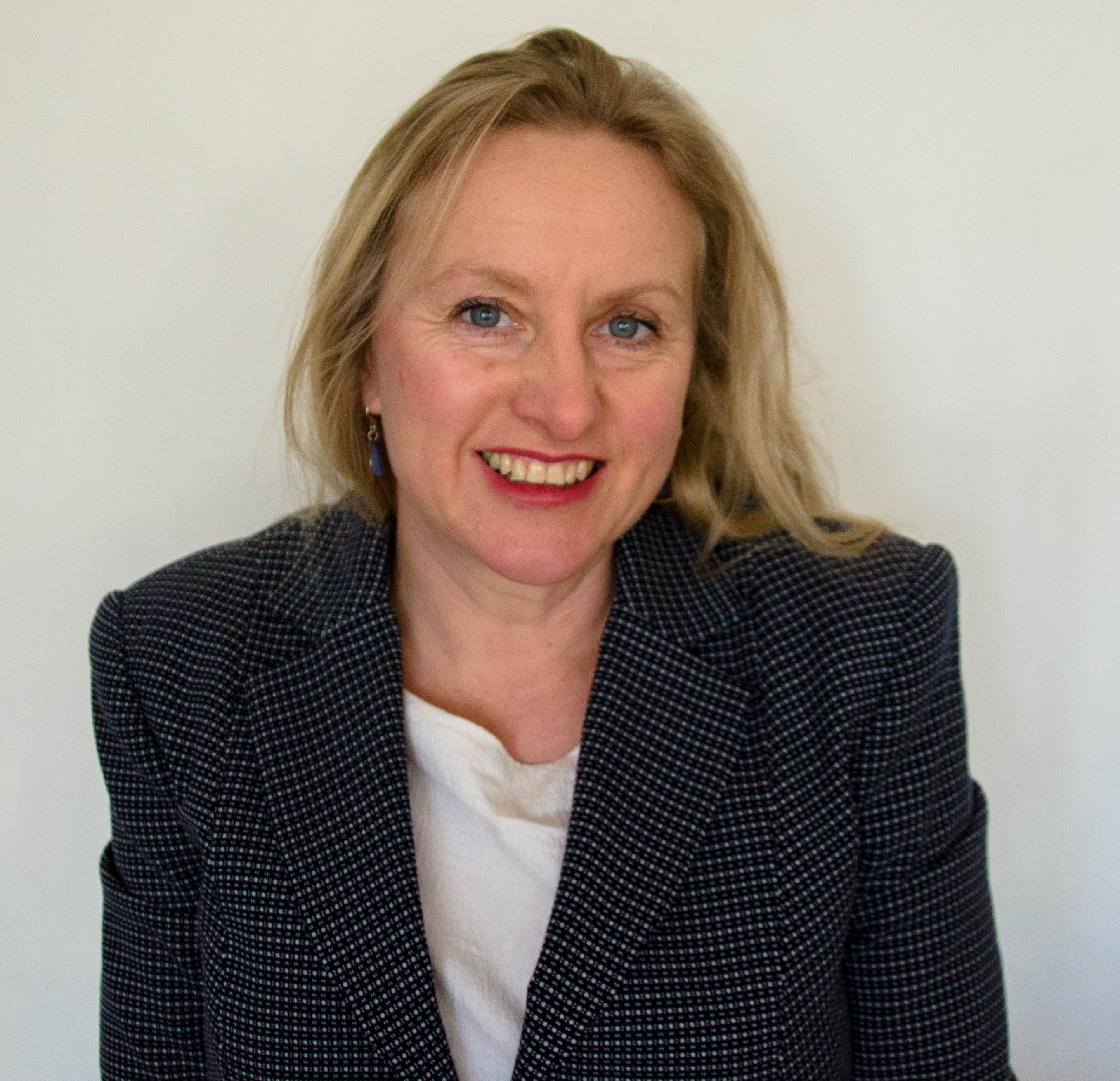 Alison Harcourt (Speaker, Presentations Session 2) Alison Harcourt (Speaker, Presentations Session 2)Professor Harcourt is professor of public policy at the University of Exeter writes on the regulation of digital markets with a focus on civil society participation in governance She is currently Visiting Professor at the Department of Media and Communications at LSE in 2022-3. Her book with Oxford University Press entitled Brexit and the Digital Single Market came out in June 2023. |
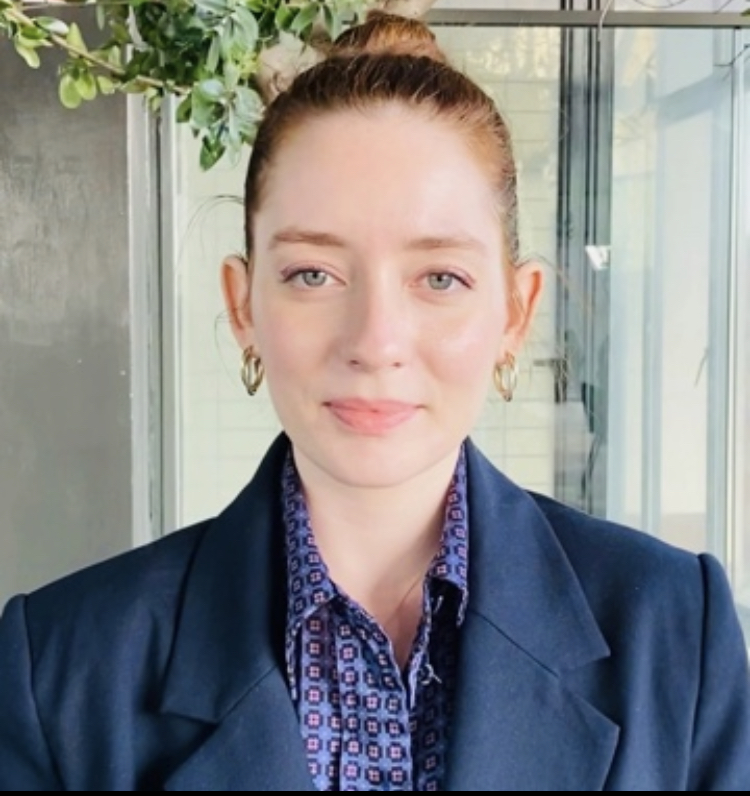 Louise Marie Hurel (Speaker, Stakeholders Roundtable) Louise Marie Hurel (Speaker, Stakeholders Roundtable)Louise Marie Hurel is a Research Fellow in the Cyber team at the Royal United Services Institute (RUSI). Her research interests include incident response, cyber capacity building, cyber diplomacy and non-governmental actors’ engagement in cyber security. She is also the founder of the Latin American Cybersecurity Research Network (LA/CS Net), an academic platform for research and dialogue in the region, as well as a PhD researcher at the London School of Economics and Political Science (LSE). Louise Marie is co-chair of the Global Forum on Cyber Expertise’s (GFCE) advisory board, and member of the advisory group of Carnegie Endowment’s Partnership for Countering Influence Operations. For the past years, Louise Marie has conducted international cyber advocacy in multilateral (UN, OAS) and multi-stakeholder bodies, hosted and moderated forums for cross-sector trust-building at the national level in politically sensitive environments and managed a portfolio of projects that covered themes ranging from incidents against electoral processes, implementation of surveillance technologies for public security, IoT, cyber capacity building, cybercrime and data protection. |
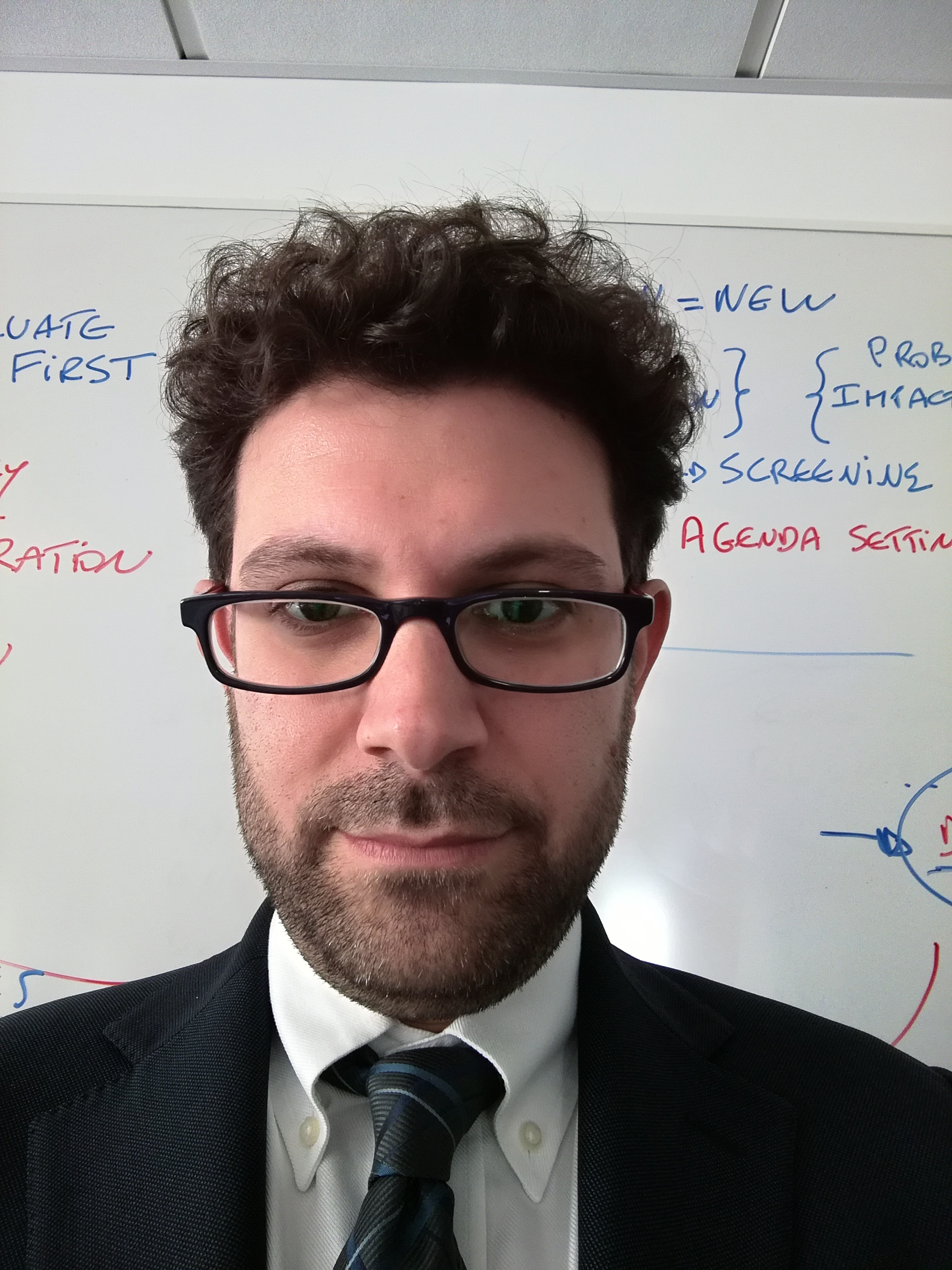 Jonathan Kamkhaji (Speaker, Presentations Session 1) Jonathan Kamkhaji (Speaker, Presentations Session 1)Jonathan C. Kamkhaji (PhD in Politics, Exon) is a Post-Doctoral Research Fellow at the Department of Management, Economics and Industrial Engineering, Politecnico di Milano. His research interests include public policy, governance, regulation and European integration. He has worked as a policy consultant for the World Bank and has published research on, among others, Journal of European Public Policy, Regulation & Governance, Policy Studies Journal, and West European Politics. He has also recently published a book for Palgrave on the EU sovereign debt crisis. |
 Magdalena Krysiak (Speaker, Presentations Session 4) Magdalena Krysiak (Speaker, Presentations Session 4)Magdalena Krysiak, PhD candidate at the Department of Criminal Law, Faculty of Law, University of Lodz in preparation of a PhD dissertation devoted to the criminal law protection of individual dignity. In addition to her scientific work she’s advocate's trainee affiliated with the District Bar Council in Łódź. She combines theory and practice, conducting classes in criminal law at the native department and defending the accused in criminal cases. |
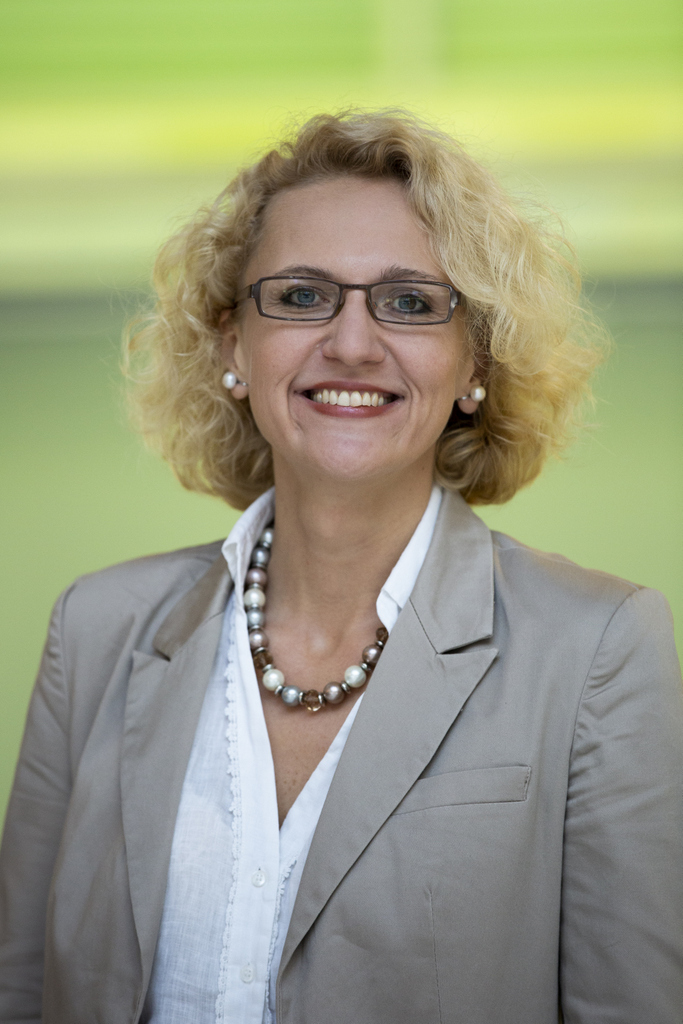 Joanna Kulesza (Chair, Stakeholders Roundtable) Joanna Kulesza (Chair, Stakeholders Roundtable)Joanna Kulesza, Ph.D. is an assistant professor of international law and internet governance at the University of Lodz, Poland, and CEO of Lodz Cyber Hub, a research center focusing on the implementation of international law online. Kulesza is a member of various expert groups and advisory committees, such as the Scientific Committee of the European Union Agency for Fundamental Rights, At-Large Advisory Committee of the Internet Corporation for Assigned Names and Numbers (ICANN ALAC), and the European and Chinese working group on the application of international law in cyberspace. Kulesza represents UniLodz within the European Security and Defense College and participates in the work of the UN Ad-Hoc Committee to develop a comprehensive international convention on counteracting the use of information and communication technologies for criminal purposes. Kulesza's experience in the field of internet governance and international law also includes past involvement in the Global Academic Network for Internet Governance (GigaNet) and the Global Forum on Cyber Expertise (GFCE). |
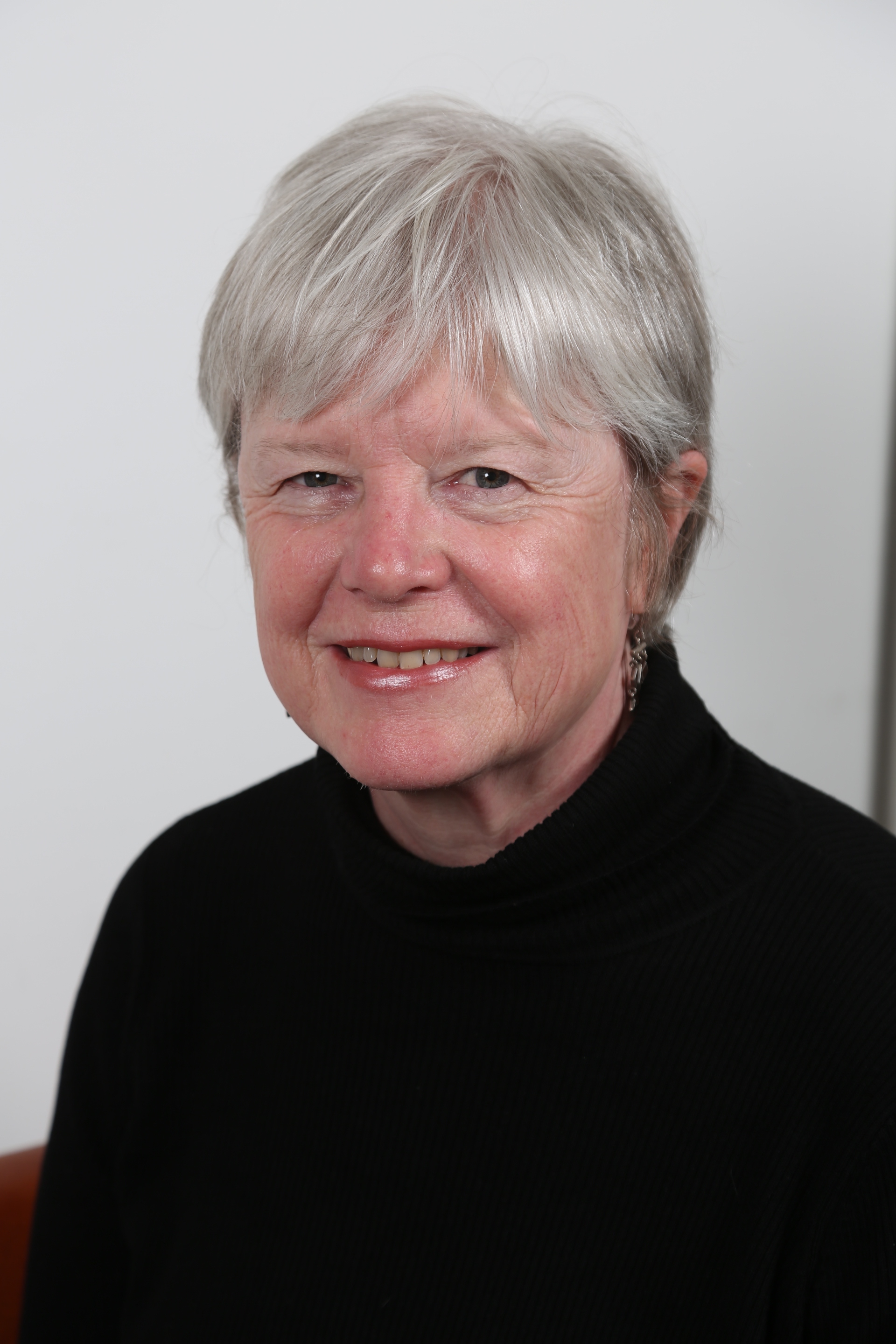 Robin Mansell (Speaker, Stakeholders Roundtable) Robin Mansell (Speaker, Stakeholders Roundtable)Robin Mansell (PhD, 1984, Simon Fraser University Canada, FBA, FAcSS) is Professor Emerita, Department of Media and Communications, London School of Economics and Political Science. She was Professor of Information and Communication Technology Policy at SPRU (Science Policy Research Unit) University of Sussex 1988-2000. Her research focuses on technology innovation, digital platform governance and its socio-political and economic consequences. She is author of Imagining the Internet: Communication, Innovation and Governance, Oxford University Press, 2012, co-author of Advanced Introduction to Platform Economics, Edward Elgar Publishing 2020, with more than 120 papers and other books. She is a Fellow of the British Academy and UK Academy of Social Sciences, member of Academia Europaea, holds an Honorary Doctorate from the University of Fribourg, Switzerland and was awarded the ICA C. Edwin Baker Award and the IAMCR Distinguished Contribution Award. Her current book (in progress) is a critical assessment of efforts to promote the use of digital technologies in support of the Sustainable Development Goals. |
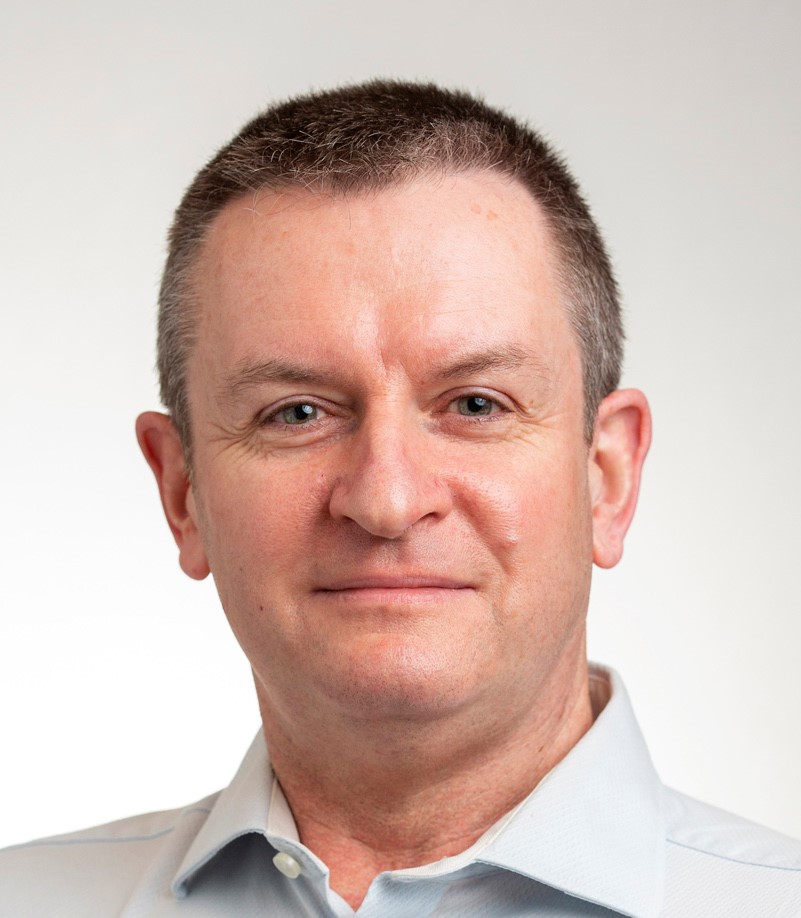 Chris Marsden (Chair, Presentations Session 2) Chris Marsden (Chair, Presentations Session 2)Chris Marsden @prof_marsden is Professor of Artificial Intelligence, Technology and the Law at Monash University and an expert on Internet and digital technology law, having researched and taught in the field since 1995. Chris researches regulation by code - whether legal, software or social code. He is author of five monographs including "Net neutrality" (2017), "Regulating Code" (2013 with Prof. Ian Brown), "Internet Co-regulation" (2011). He is author of over 200 refereed articles, book chapters, professional articles, project reports, keynote addresses, and other scholarly contributions. He joined Monash from the University of Sussex, where he was Professor of Law and founder-Director of the Centre for Information Governance Research. He remains Visiting Researcher in the UK Trusted Autonomous Systems Governance and Regulation consortium (UKRI-EPSRC @tas_governance) and Centre for Inclusive Trade Policy (UKRI-ESRC @Centre4ITP). He is Associate Director of the Monash Data Futures Institute from 2023. |
 Meryem Marzouki (Chair, Keynote Session) Meryem Marzouki (Chair, Keynote Session)Meryem Marzouki is a Global Internet Governance & Digital Rights independent expert. Until October 2022, she was senior academic researcher in political sciences with the CNRS, member of the LIP6 Laboratory at Sorbonne Université in Paris. She is the French Management Committee member of the COST Action CA19143 GDHRNet (Global Digital Human Rights Network). She initiated in 2017 the GIG-ARTS academic network and conference series, leading inter alia to her recent co-edited volume Internet Diplomacy: Shaping the Global Politics of Cyberspace (Rowman & Littlefield, 2022). |
 Carlo Mauceli (Speaker, Stakeholders Roundtable) Carlo Mauceli (Speaker, Stakeholders Roundtable)Carlo Mauceli is Chief Technology and Security Officer of the Italian Microsoft subsidiary. He is responsible for promoting innovation in the country, managing relations with government elites, academic leaders and public decision-makers and contributing to the definition of a technological policy functional to the digitization of the territory. In addition, he collaborates with the National Security Agency in the field of Cyber Security issues dealing with incident management and threat intelligence. For the past four years, he has worked within the Enterprise and Partner division as Enterprise Market Technology Sales Unit Director. Previously, he was responsible for the Infrastructure Division for Italy, leading a team of professionals dedicated to the management and implementation of the entire life cycle of projects with the aim of responding with ad hoc solutions to the specific needs of companies. Before joining Microsoft, Mauceli worked in an IT company, Tema Studio di Informatica, as Head of the systems area with particular focus on Network, and in two manufacturing companies, namely Marelli Autronica, as LAN / WAN System Administrator, and Marconi Italiana Automazione e Controllo as project leader. |
 Francesca Musiani (Speaker, Presentations Session 5) Francesca Musiani (Speaker, Presentations Session 5)Dr. Francesca Musiani is Associate Research Professor at the French National Center for Scientific Research (CNRS). She is Deputy Director of the Center for Internet and Society of CNRS, which she co-founded in 2019. She is also an associate researcher at the Center for the sociology of innovation (i3/MINES ParisTech) and a Global Fellow at the Internet Governance Lab, American University in Washington, DC. Francesca is the author, with Ksenia Ermoshina, of Concealing for Freedom: The Making of Encryption, Secure Messaging and Digital Liberties (2022, Mattering Press, recipient of a special mention of the 2023 Stefano Rodotà Data Protection Award), and (co-)author and editor of numerous other articles and books. She is vice-president for research of Internet Society France, has collaborated with the French Parliament (2014-2015) and the French Council for Audiovisual Media (2015-2018), and is the recent co-author of a study on Internet fragmentation for the European Parliament (2022). Her personal page is https://cis.cnrs.fr/francesca-musiani/ and she tweets at @franmusiani. |
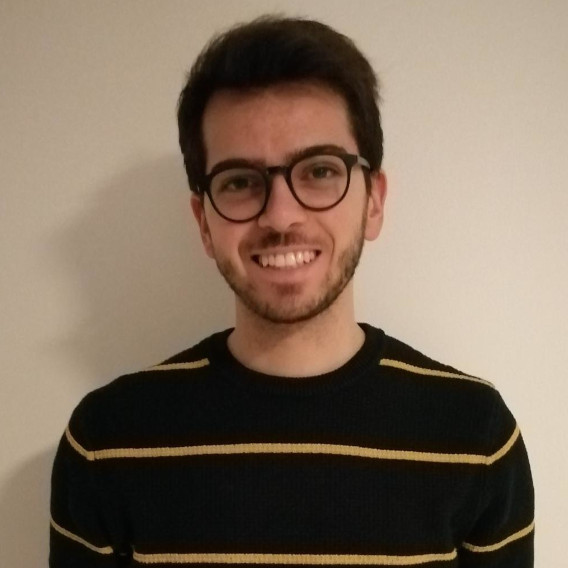 Riccardo Nanni (Chair, Presentations Session 5) Riccardo Nanni (Chair, Presentations Session 5)Riccardo Nanni is Researcher in data governance at Fondazione Bruno Kessler. He holds a PhD in Political and Social Sciences (International Relations) from the University of Bologna with a thesis on the influence of Chinese stakeholders in Internet governance. |
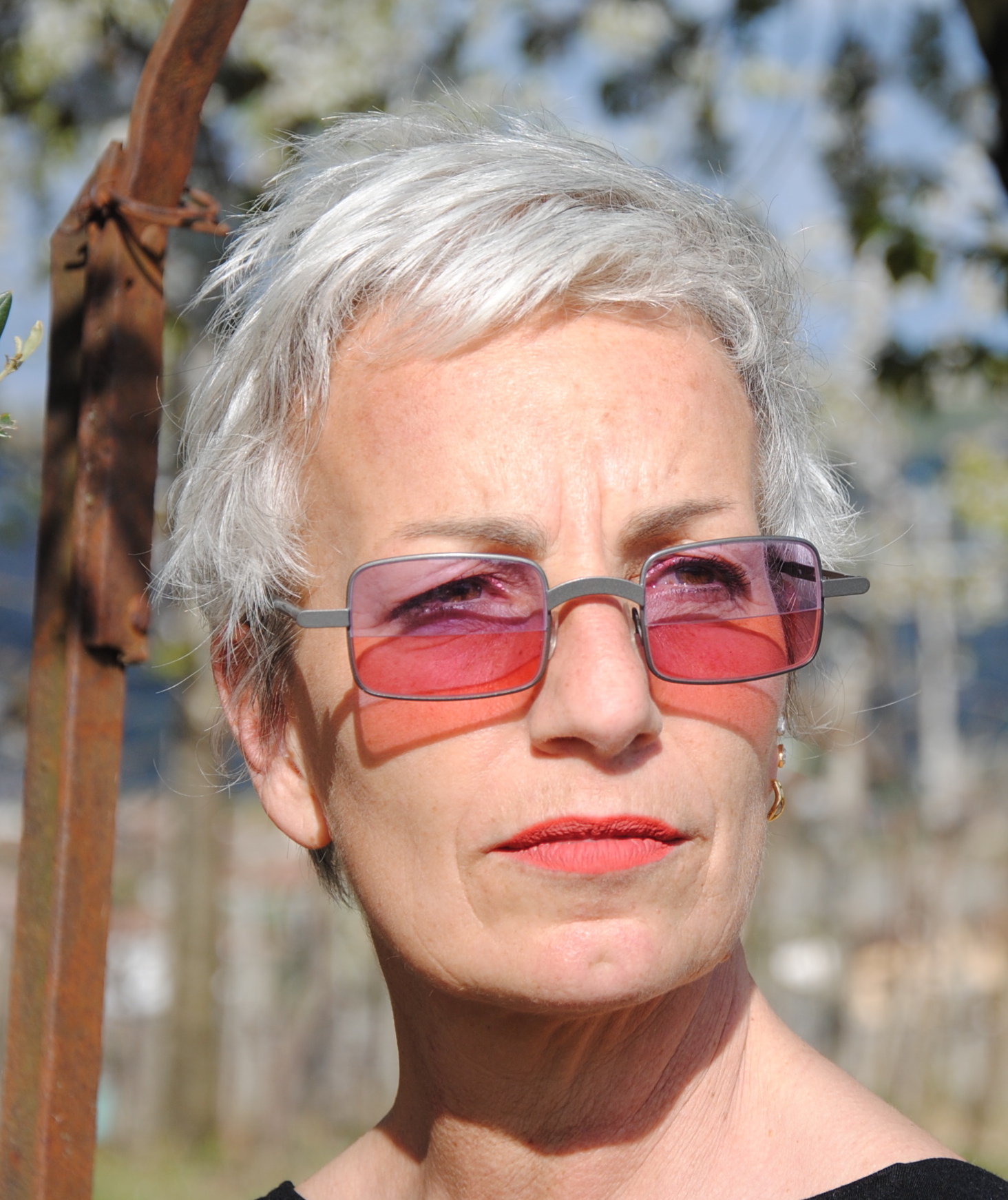 Claudia Padovani (Chair, Presentations Session 4) Claudia Padovani (Chair, Presentations Session 4)Claudia Padovani is Associate Professor in Political Science and International Relations at the University of Padova (Italy). She is co-chair of the Working Group on Global Media Policy of the IAMCR and of the UNESCO UniTWIN Network on Gender Media and ICT. Her research concerns the global governance of communication with a focus on gender inequality issues, communication rights and social justice. Her publications cross disciplinary domains, in an attempt to engender the fields of media policy and communication governance. |
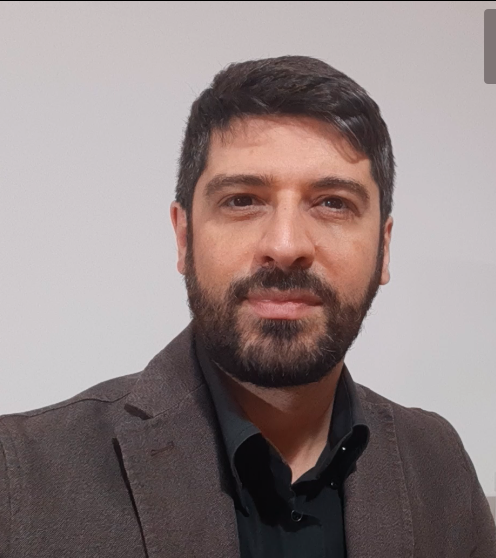 Nicola Palladino (Speaker, Presentations Session 3) Nicola Palladino (Speaker, Presentations Session 3)Nicola Palladino (PhD in Sociology, Social Analysis and Public Policy) is Research Fellow at the Trinity College Dublin’s Long Room Hub Arts and Humanities Research Institute, where is carrying out the research project “Hybrid Governance for Trustworthy and Human-Centric Artificial Intelligence: From Principles to Practices” funded from the European Union’s Horizon 2020 Research and Innovation Programme under the HUMAN+ COFUND Marie Skłodowska-Curie. He studied and worked at the University of Salerno and served as postdoctoral researcher at the School of Law and Government of the Dublin City University. He is also a member of the Digital Constitutionalism Network supported by the Center of Advanced Internet Studies in Bochum, Germany. His main research interests include Global Internet Governance, Digital Policies, AI Ethics and Regulation. He recently published the volume “Legitimacy, Power, and Inequalities in the Multistakeholder Internet Governance: Analyzing IANA Transition” for the Palgrave Information Technology and Global Governance book series. |
 Dennis Redeker (Speaker, Presentations Session 4) Dennis Redeker (Speaker, Presentations Session 4)Dennis is a postdoctoral researcher at the University of Bremen (ZeMKI, Centre for Media, Communication and Information Research). His research focus is on the global governance of the Internet, platforms, AI and quantum technology. He is also a founding member of the interdisciplinary Digital Constitutionalism Network (since 2019), which deals with the role of human rights in the digital age and the increasing constitutionalization of digital technologies. Outside of academia, Dennis serves as a member of the Steering Committee of the Internet Rights and Principles Coalition (2022-2024). He is actively involved in European and global digital governance institutions and exchanges, including at the Internet Governance Forum (IGF), the European Dialogue on Internet Governance (EuroDIG) and at UNESCO. |
 Maria Stella Righettini (Chair, Special Session and Presentations Session 1) Maria Stella Righettini (Chair, Special Session and Presentations Session 1)Maria Stella Righettini is Associate Professor in Public Policy and Evaluation research at the University of Padova, Department of Political Science, Law, and International Studies. She is the Director of an Executive Master in Policy Innovation and social impact assessment. Her scientific interests include: cybersecurity policy capacity and awareness building; Comparative analysis of independent regulatory agencies and regulatory policies; Universal service programs in the TLC sector in the Eu and Latin America; Institutionalization of the data protection policy in Italy and France; Public sector digitalization; Food security, and energy policies. |
 Michèle Rioux (Chair, Presentations Session 3) Michèle Rioux (Chair, Presentations Session 3)Michèle Rioux is professor of Political Economy at the Université du Québec à Montréal. She is Director of the Center for Studies on Integration and Globalization (CEIM) and was Visiting Professor Erasmus Mundus, MAPP Consortium, at the Institute for International Studies in Barcelona in 2013. Her research focuses on international organizations and global governance, transnational corporations, competition, information society and Internet, economic integration and regionalism. She is lead of the FRQSC research team on Globalization in a context of great tension and director of LATICCE (discoverality of cultural content issues. |
 Kavé Salamatian (Speaker, Stakeholders Roundtable) Kavé Salamatian (Speaker, Stakeholders Roundtable)Kavé Salamatian has been a university professor at the University of Savoie since September 2009. His main area of expertise is Internet measurement. He has carried out active research in the field of computer security where his expertise is internationally recognized. He holds a doctorate in computer science, an MBA in business strategy, an MSc in telecommunications and an engineering degree. Since 2011, he has held a visiting professorship at the Chinese Academy of Sciences. He is developing multidisciplinary research on cyberstrategy, and more generally on Internet sciences. He is the author of more than 180 frequently cited scientific articles. |
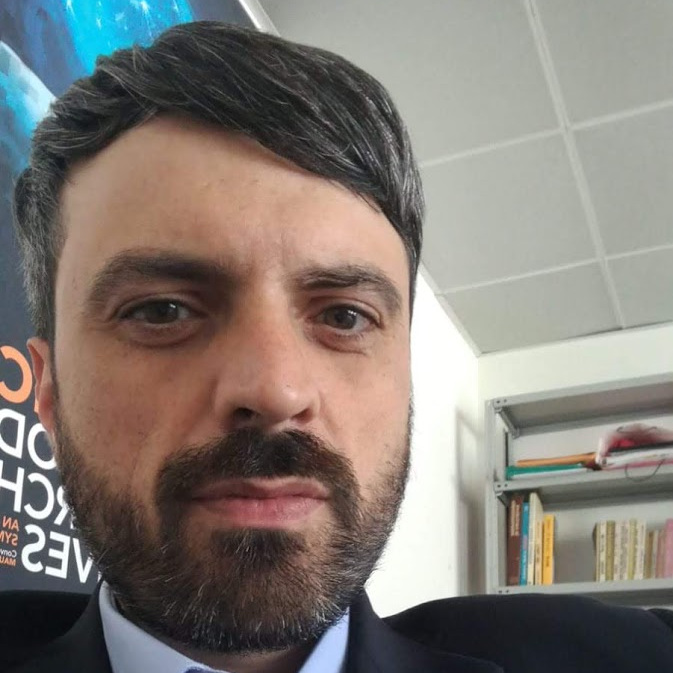 Mauro Santaniello (Chair, Stakeholders Roundtable) Mauro Santaniello (Chair, Stakeholders Roundtable)Mauro Santaniello is a tenure-track habilitated Assistant Professor of Political Science at the Department of Management & Innovation System of the University of Salerno, where he teaches Internet Governance and Digital Policy at the courses of Diplomacy, International Relations and Global Security (MA) and Global Studies and EU (BA). Mauro Santaniello is the director of the Internet & Communication Policy Center (ICPC), and the scientific coordinator of the Salerno Winter School on Internet Governance (SWING). Mauro is also an Associate Research Fellow at the Institute on Comparative Regional Integration Studies of the United Nations University (UNU-CRIS) in Bruges, where he is a member of the Digital Governance Cluster, and one of the coordinators of the two working groups on “Digital Constitutionalism” and “Digital Sovereignty” at the Center for Advanced Internet Studies (CAIS), in Bochum. His research interests include Internet Governance, cyber security, digital policy and politics. |
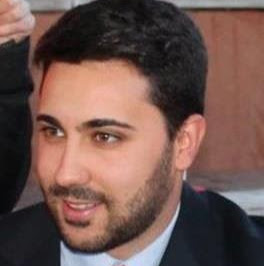 Francesco Maria Scanni (Speaker, Presentations Session 1) Francesco Maria Scanni (Speaker, Presentations Session 1)Francesco Maria Scanni is a Research Fellow at the Department of Political Science, University of Teramo. He is currently working on public policies regarding cybersecurity, as part of the Prin "Cybersecurity as a Public Policy." He is the author of several scientific articles in international journals and the monographs: Differenziazione territoriale e qualità della democrazia (Aracne 2019); Populisti al governo in Italia (Meltemi editore 2022). |
 Jan Aart Scholte (Speaker, Presentations Session 4) Jan Aart Scholte (Speaker, Presentations Session 4)Jan Aart Scholte is Professor of Global Transformations and Governance Challenges at Leiden University and Co-Director of the Centre for Global Cooperation Research at the University of Duisburg-Essen. His research interests cover governing a global world, with particular interest for questions of civil society, democracy, and legitimacy. His work on internet governance has focused primarily on ICANN and the RIRs. |
 Fabiola Schwarz (Speaker, Presentations Session 2) Fabiola Schwarz (Speaker, Presentations Session 2)Fabiola Schwarz started working as a research associate at the Professorship for Global Security & Technology of the Technical University of Munich in November 2022, teaching courses in the field of cybersecurity policy and research. In March 2023, she also joined the TUM School of Social Sciences and Technology as a doctoral candidate. Before, she obtained an MSc in Politics & Technology from TUM and a BA in International Relations and Management from the Technical University of Applied Sciences in Regensburg while gaining experience in cybersecurity consulting. During her graduate studies, she first worked at the Institute for Peace Research and Security Policy Hamburg where she was part of the International Cybersecurity project and then joined TUM’s Professorship for Global Security and Technology as a research assistant. Fabiola’s current research interests lie in digital authoritarianism and the role of digital infrastructure in geopolitics and cybersecurity with a focus on quantitative and computational methods. |
 Giancarlo Vecchi (Speaker, Special Session and Presentations Session 1) Giancarlo Vecchi (Speaker, Special Session and Presentations Session 1)Giancarlo Vecchi, associate professor of Public Policy at the School of Management of the Politecnico di Milano. He teaches “Public Analysis” and “Policy Design & Evaluation”. Past president of the Italian Evaluation Society (2002-2003). From 1998-2008 Coordinator of the Working Group “Administrative and Institutional Policies” at the Istituto per la ricerca sociale-Irs (Milan). Recent research regards: Cybersecurity as a Public Policy. The Institutionalization of platform and network security in the EU and Italy; The modernization of the Italian Judicial system; The development of digitization in the Italian & European public sector. His key qualifications are in the field of Public Policy Analysis, applied to the following aspects: institutional and capacity building; public sector reforms (with special attention to ICT-driven innovations in the public sector); policy design & public policy evaluation. His publications are available: https://www.researchgate.net/profile/Giancarlo_Vecchi |
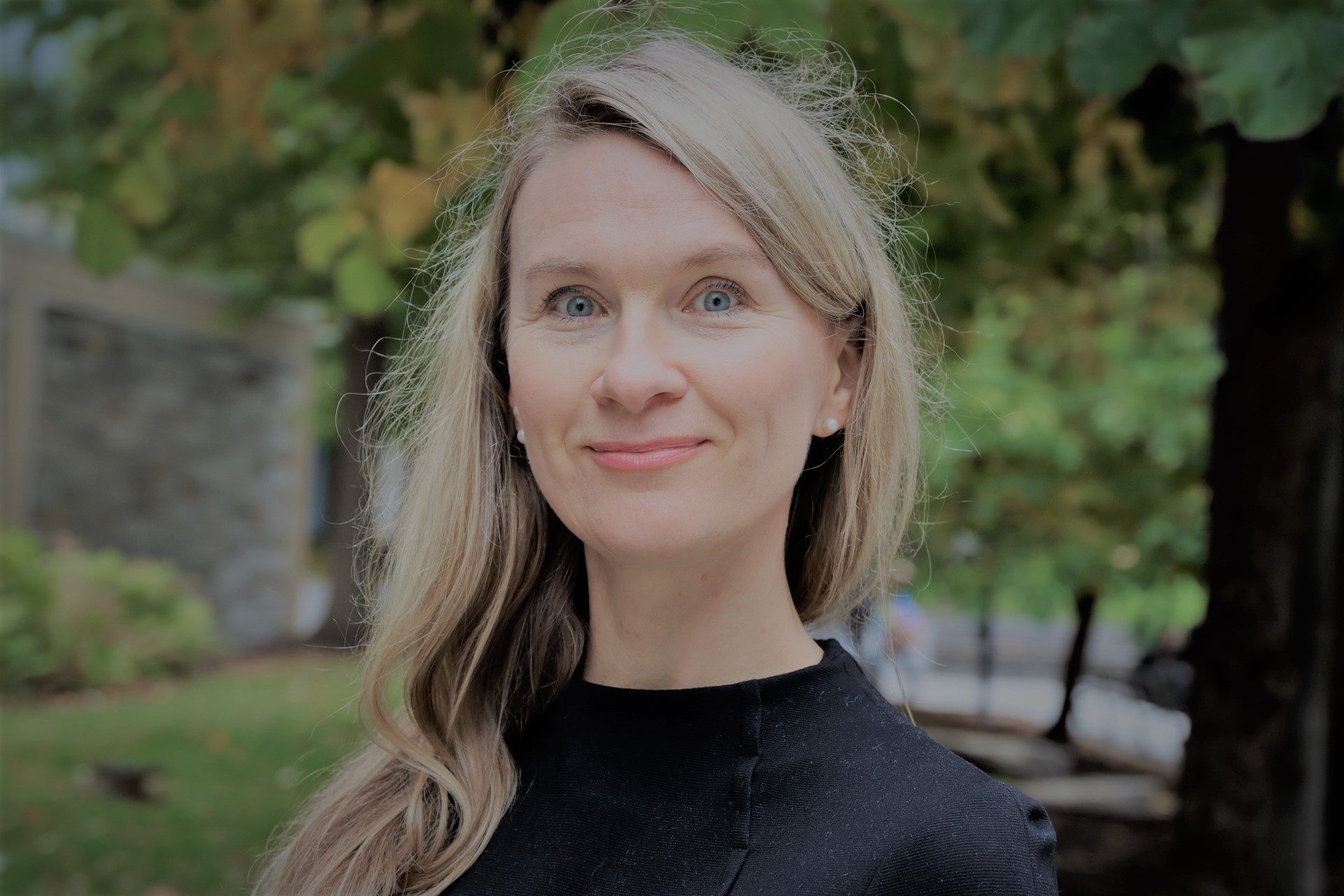 Asta Zelenkauskaite (Speaker, Presentations Session 2) Asta Zelenkauskaite (Speaker, Presentations Session 2)Dr. Zelenkauskaite is an associate professor at Drexel University. Her research focuses on emergent practices in online spaces that are traceable through digital meta data and discourses. Her work encompasses computational social science approaches by employing interdisciplinary perspectives that intersect information science, discourse studies, and communication. She is affiliated with the Center for Science, Technology & Society and Information Science departments at Drexel University and Dr. Zelenkauskaitė holds an affiliation with Vilnius Tech University (Lithuania). She serves as a co-chair of Audience section at International Association for Media and Communication Research (IAMCR) conference. Her work has been published in New Media & Society, Social Media & Society, Convergence, Journal of Broadcasting and Electronic Media, and First Monday, among others. She is an author of Creating Chaos Online: Disinformation and subverted Post-publics (open access, University of Michigan Press, 2022). [Photo credit Elizabeth Waldie] |


